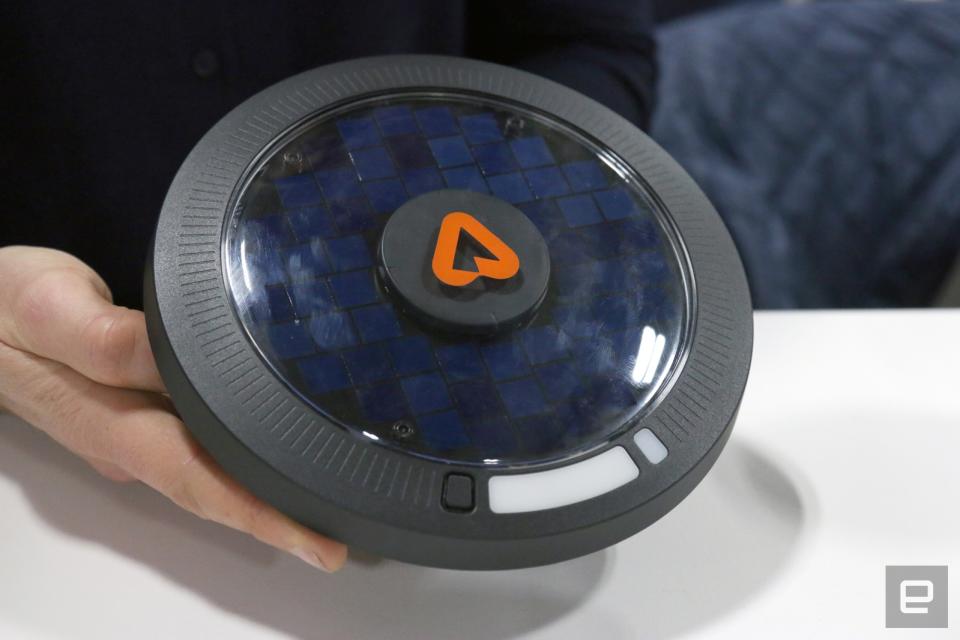Arable's Mark crop sensors give farmers a data-driven edge
Just stick one in your cornfields and let the information flow in.
I've never actually set foot on a farm, but I'm inexplicably still drawn to agriculture startups -- after all, farming is one of the world's oldest professions, and nothing is quite as helpful as pure hard data. Fortunately, that's exactly what Arable specializes in: It built a crop sensor that's absolutely packed with instruments to give farmers greater insight into how their fields are doing. That's great for business, sure, but it also helps ensure that quality produce eventually ends up on our plates.
Curiously, Arable's sensor -- the Mark -- comes in a box that looks like it belongs on an Apple Store shelf. Don't be fooled, though. While you hardcore gardening enthusiasts could certainly use the Mark as a handy (if pricey) weather station, the real value comes in how Arable can use the data collected by those instruments to offer practical advice to farmers.
An acoustic sensor measures the volume of rain, for instance, and farmers are given the data needed to decide whether their fields need additional water. Sensors facing the sky and the ground can measure light levels and tell whether the color of surrounding crops means they're healthy or ready to harvest. When combined, certain metrics could also indicate whether some crops are susceptible to disease, giving farmers a chance to mitigate damage before it gets bad or even potentially avoid it completely.
Arable has been working on its sensors for a while now, but it just recently got one crucial update: point forecasting. Over time, Mark sensors develop a sort of profile for the particular microclimate they're placed in. On the back end, that climate data gets mashed up with publicly available forecasts and a smattering of machine learning algorithms to help offer weather predictions with surprising granularity. That leads to better-managed crops and, ultimately, better things to ingest.
Perhaps more important, Arable sensors are pretty much plug-and-play. Farmers can just pop some in their fields and the included 4G cellular radio makes sure all the data the Marks collect wind up in the cloud. Meanwhile, the combination of a solar panel and a built-in battery would mean farmers could theoretically leave Marks scattered across their land without touching them for years.
Click here to catch up on the latest news from CES 2018.







